Despite the absence of formal diplomatic relations between Taipei and Washington D.C., the Taiwan Travel Act unanimously passed in the US Congress last year. The new law states that it should be the policy of the US to allow Taiwan’s high-level officials to meet with their American counterparts on US soil.
It was the most significant change in Taiwanese-US relations since 1979, when the US formally cut ties with the government of the Republic of China in Taipei, in favour of the People’s Republic of China in Beijing.
Following the break in relations, Taiwanese presidents have visited the US in the guise of “transit” to another country. Other top-level Taiwanese officials, including the vice president, premier, foreign minister and defence minister, have never officially visited Washington D.C..

While a win for Taiwan, the new law was also a huge success for the Formosan Association for Public Affairs (FAPA) – a major lobby group behind the law. Jonathan Lee, FAPA’s vice president, said the unanimous support did not come easy, as many average Americans do not know much about Taiwan.
“Lawmakers may look at you with a scratch on their head, ‘Well everything I hear about Taiwan is like there’s free-flowing bubble tea, [Taiwan-made] laptops, things like these. I don’t understand where this suffering is occurring at this point,’” Lee told HKFP in a phone interview.
It has been FAPA’s job to correct those misconceptions for more than three decades.
FAPA held its National Advocacy Conference in Washington DC this past weekend. Today we are fanning out all over Capitol…
Posted by Formosan Association for Public Affairs on Monday, 17 September 2018
FAPA is a Washington D.C.-based non-profit organisation formed by the Taiwanese diaspora. Established in 1982, FAPA now operates 46 branches across the US. In its mission statement, FAPA said it “strongly believes and advocates that the future of Taiwan must be decided by the 23 million people in Taiwan and without any outside pressure and threats.”
Beijing claims that the island nation is a province of China. It does not recognise it as an independent country, although Taiwan has been self-ruled since its split from the mainland after the 1949 Chinese Civil War.
Over the years, Beijing has chipped away at Taiwan’s global presence but it has ramped up its campaign since President Xi Jinping came to power in 2012.
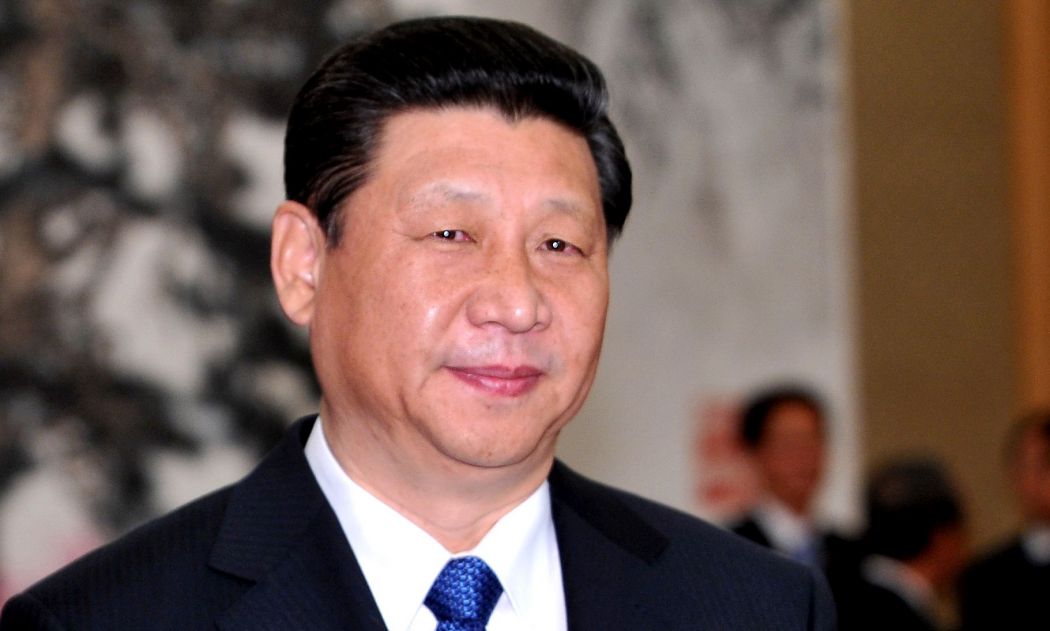
In 2017, Taiwan was – for the first time in eight years – not invited to the annual meeting of the World Health Organisation as an observer; the next year, Beijing forced commercial airlines to classify the island as part of China.
Xi has also said China would not discount using force to unify Taiwan with the mainland.
Throughout this turmoil, the key question for FAPA has always been how to make Taiwan an important issue to the people and politicians of the US. Even though Taiwan is a significant part of the global supply chain, Lee said, it pales in comparison with China’s market share as the world’s second-largest economy.
While troubled by such massive geopolitical challenges, FAPA has focused instead on gaining support for Taiwan through grassroots activism.
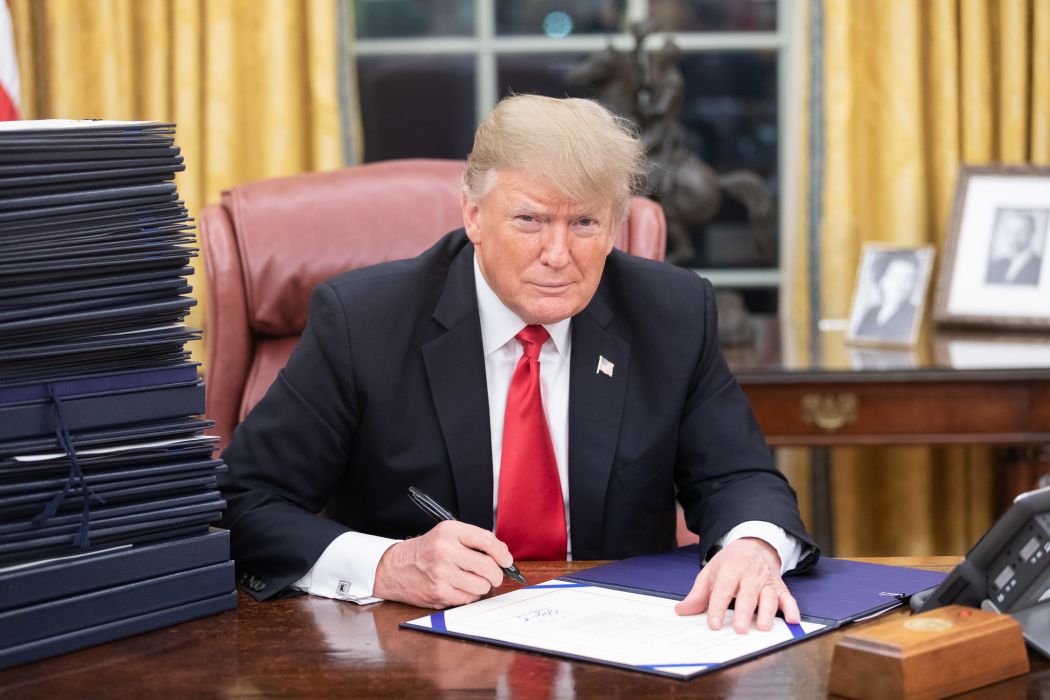
FAPA was primarily formed by first generation new immigrants from Taiwan to the US in the 1960s and 1970s, who were mostly graduate students and exiles at the time.
In the following decades, more and more Taiwanese students moved to the US to study, and the first generation immigrants gave birth to the second generation – such as Lee – forming a network of Taiwanese diaspora continuously working to support Taiwan’s democracy and human rights.
Despite the change in its membership, FAPA’s network has remained focused on student and grassroots activism. FAPA runs on a chapter model; student groups meet every now and then to socialise and talk about current issues.
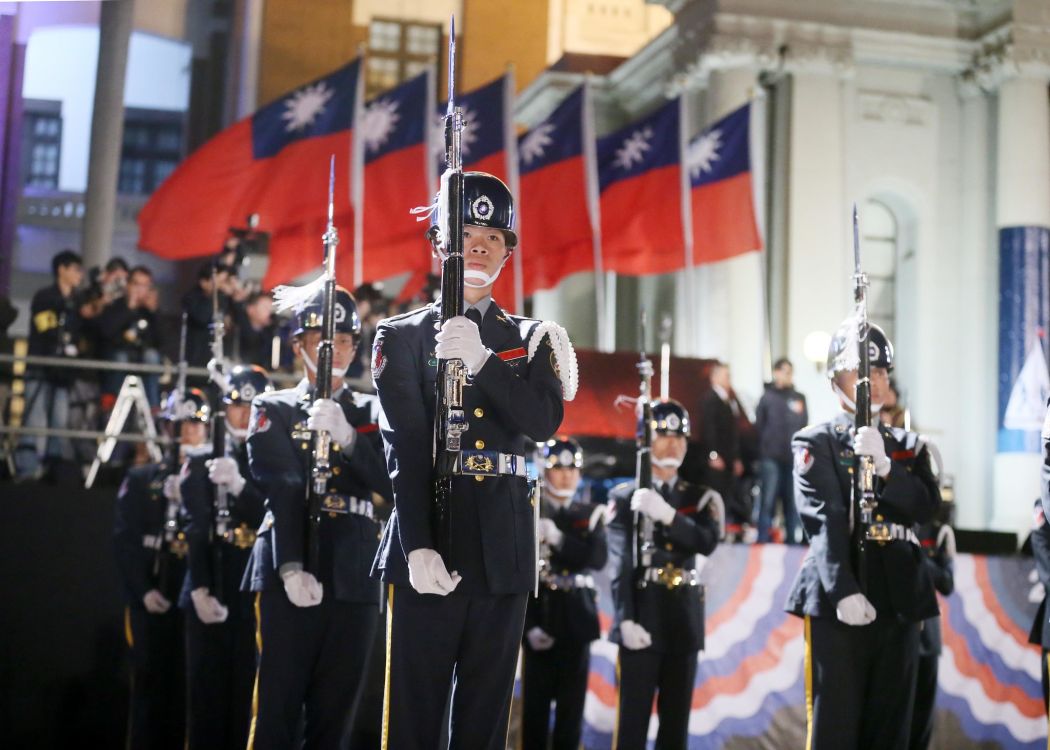
Lee said student groups were a hotbed for activism, as FAPA competes with China’s controversial Confucius Institutes to win over students’ hearts and minds.
“The easiest way to start with is just realising that you are not alone. That’s why I say just start with simple dinner, simple chats,” he said, observing that many political movements started in “backrooms.”
FAPA has also reached out to local leaders, district by district, by appealing to what Lee called the average Americans’ values of democracy and freedom. “If the congressmen had no idea about Taiwan before, they sure will know now [when] they get thousands of petitions or hundreds of calls or letters from people within their district to support a certain issue, and/or legislation.”
The organisation has also looked to the Tibetan diaspora in the US for inspiration. With a population of just a few thousand, the group has managed to garner a large amount of attention.
Photos from the 105th Vigil for Taiwan at Harvard Square. Thank you everyone for making this such a wonderful success!
Posted by Formosan Association for Public Affairs MA Chapter on Thursday, 14 March 2019
In some districts, there may only be one or two Taiwanese families, but their personal pledges to their representatives can make a major difference, Lee said. “We have congressmen who’ve been friends of Taiwan since the ’80s because of [the families’] effort,” Lee said.
For instance, FAPA’s Massachusetts chapter hosts a rally once per month on a Saturday at Harvard Square to speak to passers-by about Taiwan. The event has been going on for almost nine years. They also participate in town hall meetings to win support from lawmakers.
In 2017, three towns in the US including Malden in Massachusetts, as well as Syracuse and Wappinger in New York state, proclaimed February 28 that year as the “Taiwan Peace Day,” commemorating the massacre in Taiwan that killed almost 30,000 people 70 years ago.
There were many issues that people could lobby for, Lee said, such as sports exchanges between the US and Taiwan, Taiwanese independence, or even Taiwan joining the US as the 51st state, as advocated by the lobby group Taiwan Civil Government.
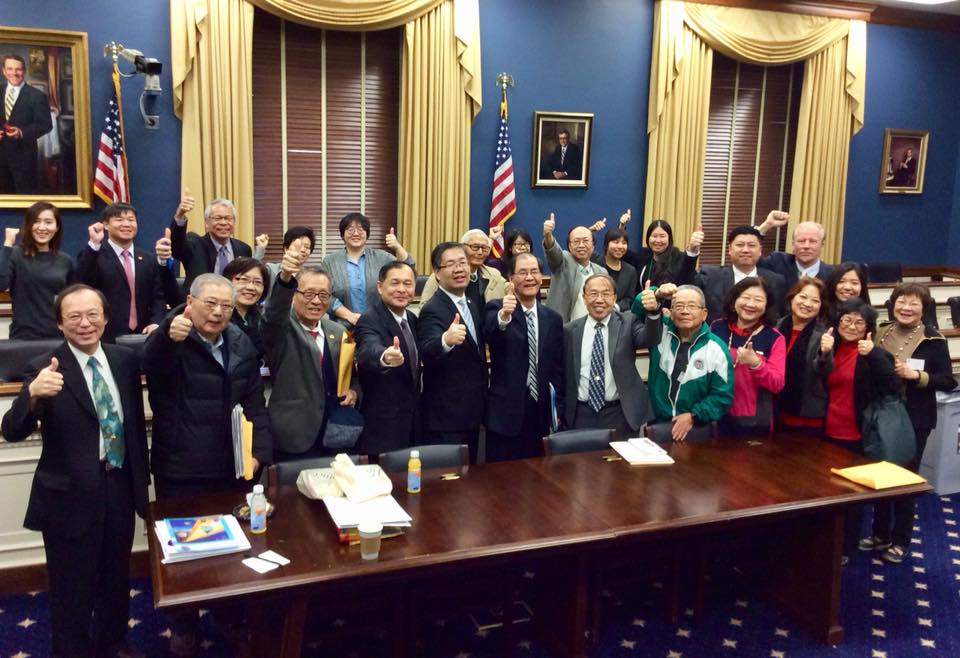
However, travel for Taiwan’s top officials was chosen as the top issue since it was a common denominator for most Americans, Lee said.
“To any reasonable person, having a conversation and having a direct dialogue can only benefit, it shouldn’t hurt,” he said. “That is where there is a practical consideration, this is something that is important enough to help move the needle in the right direction.”
Over the years, FAPA had some other success in pushing for support for other issues in Congress, notably pushing for a change in policy that Americans born in Taiwan will have their birthplace listed as Taiwan instead of China in their US passports. It has also pushed for several resolutions on Taiwan’s status in the World Health Organization and its military alliance with the US.
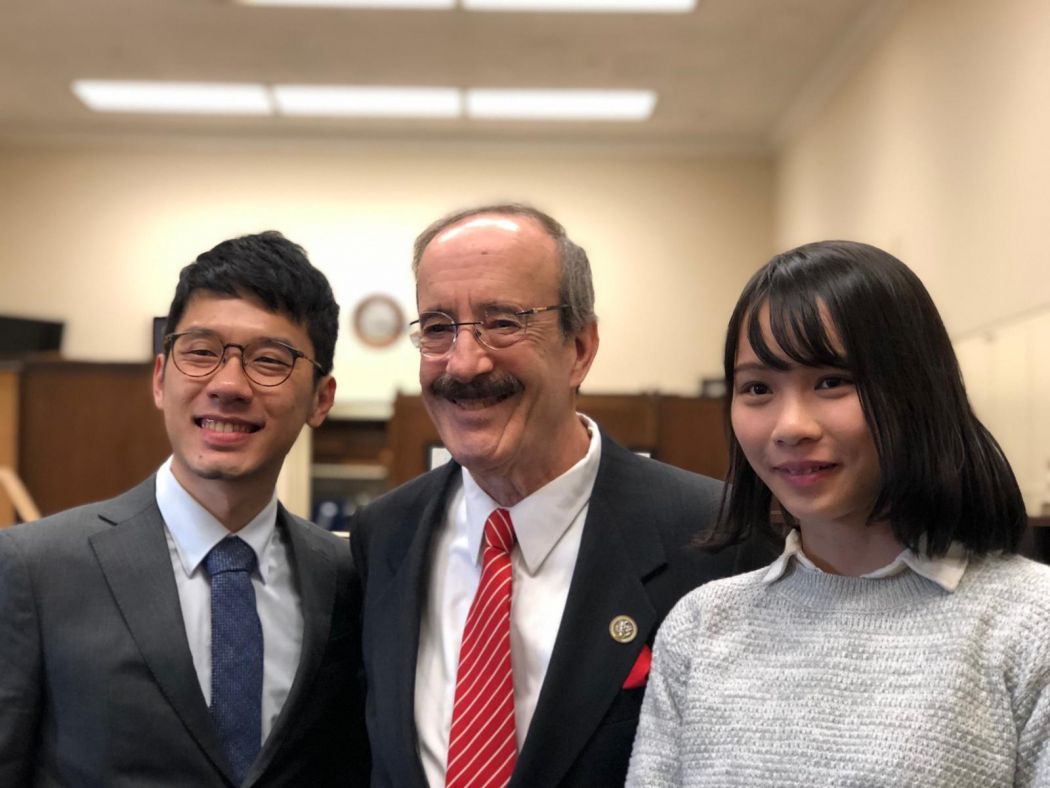
Lee has often been in touch with Hong Kong student activists visiting the US – he met Alex Chow a few days before the interview with HKFP. He said if Hong Kong activists hope to follow the success of their Taiwanese and Tibetan counterparts, university campuses are the best place to start in forming relationships.
“As people also have friends in other universities – and this is very much how the FAPA group began as well – they start to connect,” he said.
He also advised that as US lawmakers have an infinite amount of issues to deal with, Hong Kong could raise its own case by highlighting its virtue as a unique and important global player, and not a trading chip between two global powers.
“It’s really not that hard to talk to your politicians. You just need to be willing to have that conversation,” he said.
The Hong Kong Free Press #PressForFreedom 2019 Funding Drive seeks to raise HK$1.2m to support our non-profit newsroom and dedicated team of multi-media, multi-lingual reporters. HKFP is backed by readers, run by journalists and is immune to political and commercial pressure. This year’s critical fundraiser will provide us with the essential funds to continue our work into next year.

